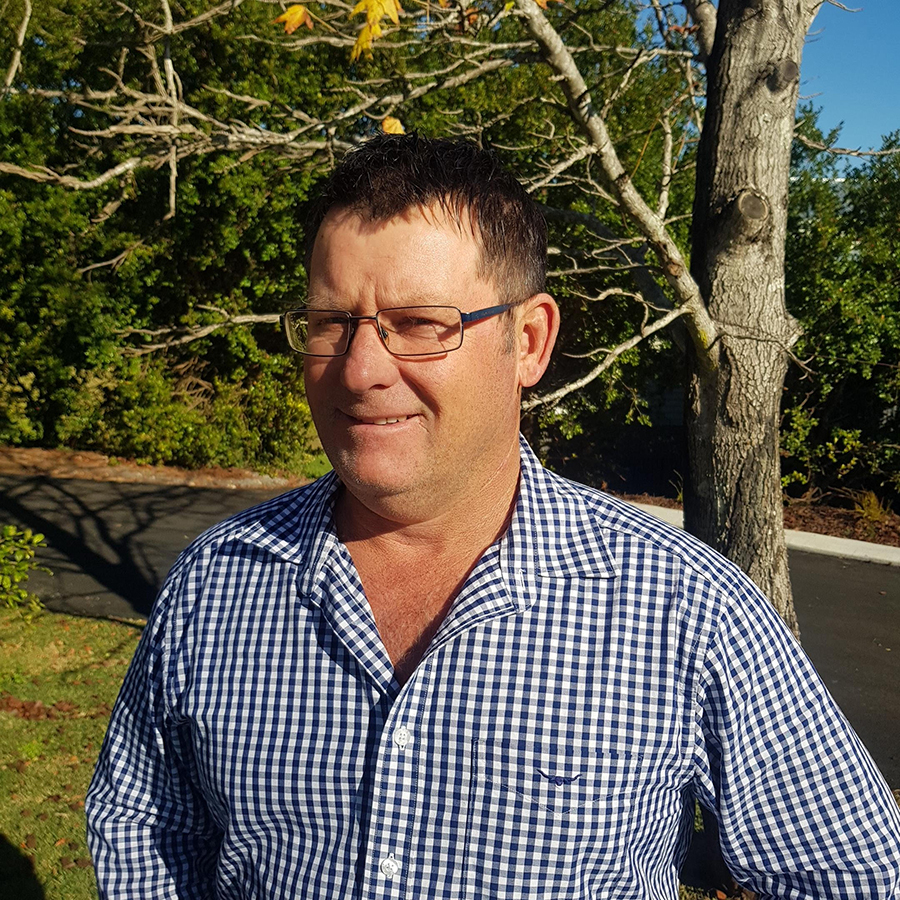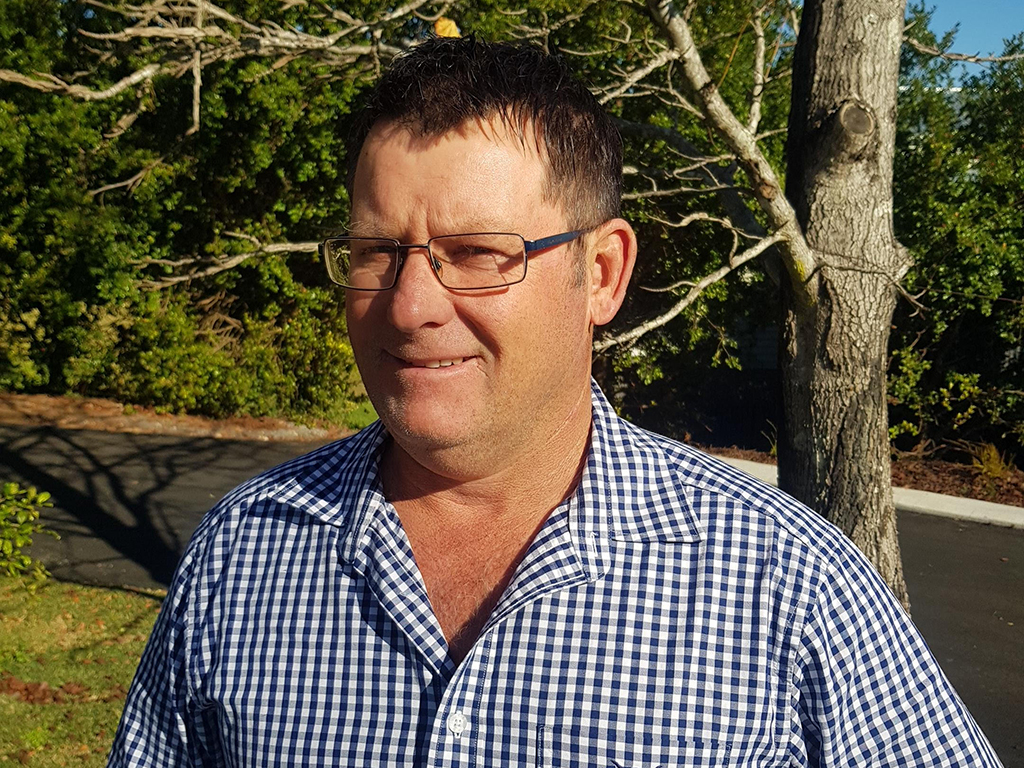Why is this research project important?
The nation and the chicken meat industry are facing unprecedented water shortages in response to climate change and increased water demand. This means water security is now a critical problem for the continued growth of the industry. This problem is rooted in unsecure water allocations, high prices and few alternative or ‘fallback’ options.
Our previous AgriFutures Chicken Meat Program funded research projects, Using Life Cycle Assessment to Quantify the Environmental Impact of Chicken Meat Production and Quantifying On-Farm Energy Usage in the Australian Meat Chicken Industry (which also reported water use on farms), clearly showed that chicken meat production is water efficient. However, the impact and severity of water shortages is projected to increase under the influence of climate change, and water policy settings do not necessarily ensure reliable water supply for the chicken meat industry.
Why did you get involved in the project?
With a background in Life Cycle Assessment in the intensive livestock and poultry industries, where the two key study parameters are carbon and water footprint of products, combined with my farming background, I understand the importance of water use and availability/security. Also, with my experience as a practicing Agricultural Engineer, I saw this project as an opportunity to make a difference for industry.
How will this research benefit the chicken meat industry? Are there any learnings beyond this industry?
Clear pathways will be developed to improve water security via adoption of project recommendations. If the recommendations of this project are adopted, it is expected that improved water use efficiency, availability of water sources, and closed loop water use will result in improving water security and costs for producers. This will also reduce their risk of exposure to highly variable and uncertain water availability and prices.
Furthermore, the project will identify solutions to improve water allocation security, which will enable engagement with state-based water regulators and policy makers. Adoption of these measures is expected to result in improved water security for industry by improving the availability of water entitlements and allocations for high value industries such as chicken meat production. This work can be extended to other livestock industries (such as layer hens) which face similar issues with water security.
What’s the best piece of professional/career advice you’ve ever been given?
It is a fairly simple piece of advice that is often not addressed properly. Ensure you clearly define the problem to be addressed. Without a clear problem definition, you will miss some or even all the solutions.











